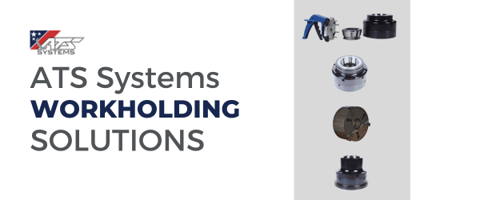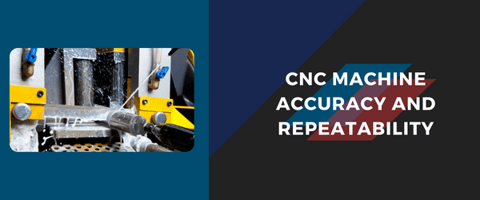Discover the importance of CNC coolant and learn effective strategies to prevent degradation for...
Unlocking Precision: The Role of Rotary Tables in Machining Performance
In the world of machining, it is important to embrace innovation and stay ahead of the curve to ensure continued success and competitiveness. One popular tool is the rotary table. Shop owners or machinists, might wonder, "Does my shop need a rotary table?" Let's delve into the intricacies of this versatile tool and its impact on performance.
Understanding Rotary Tables:
Rotary tables are machine accessories that allow for the rotation of a workpiece around a vertical axis, making it possible to perform precise and intricate machining operations. These tables come in various designs, including manual and motorized versions. Some models allow for a fourth or fifth axis of rotation.
The table is mounted on the milling table and turned using worm gears, either single or by duplex worm gears in high-precision models.
Rotary tables are used when complex cuts of a rotary nature are required during milling, eliminating the need to move the workpiece from the mill to a lathe, clamp or chuck it, turn it, and then move it back to the mill.
Cuts That May Require a Rotary Table:
Helical: Helical cuts require a fifth axis of rotation and thus necessitate the use of a rotary table.
Straight-line: Straight-line cuts at multiple angles in the same workpiece can require the use of a rotary table, depending on the workpiece.
Arched: Circular or arched pieces are much more easily cut using a rotary table, as well as workpieces requiring the center of rotation to be moved during milling.
Head Bolt Flats: A rotary table also enables far easier machining of flats onto the head of a bolt.
These are classic examples of complex cuts that either require the use of a rotary table or that are made easier and more efficient when a rotary table is employed by the machinist on a workpiece.
Benefits of Using a Rotary Table:
Enhanced Precision: Rotary tables excel in providing precision and accuracy during machining processes. If your shop deals with intricate components or requires high-precision work, a rotary table can enhance the quality of your output.
Multi-Axis Machining: A rotary table can facilitate multi-axis machining. This means you can achieve complex geometries and contours that would be challenging with traditional machining setups. If your projects demand versatility and complexity, a rotary table would be a great solution.
Increased Efficiency: Time is money and rotary tables can streamline a production process by reducing the need for repositioning the workpiece manually. This results in increased efficiency, shorter lead times, and higher productivity.
Cost-Effective Solution: While the initial investment in a rotary table might seem significant, the long-term benefits often outweigh the costs. The versatility and precision of a rotary table can lead to improved product quality, reduced waste, and increased customer satisfaction. These factors contribute to the overall success of your shop.
Diversification of Services: If your shop aims to diversify its services or take on more challenging projects, a rotary table opens doors to a broader range of machining capabilities. This versatility can attract new customers and position your shop as a go-to destination for complex machining requirements.
The decision to incorporate a rotary table should align with the business goals, the nature of the projects, and the commitment to delivering high-quality results. While it may not be a necessity for every shop, the advantages of precision, efficiency, and versatility make it an asset for those looking to elevate their machining capabilities.
If interested in discovering the capabilities of a rotary table and how it can benefit performance, please reach out to us at sales@atssystems.us for a consultation and a quote. ATS Systems is dedicated to offering the best equipment that aligns with our customer's machining operation needs.



